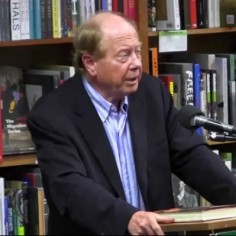

First, the financial implication of emancipation was enormous. Weigh the logic behind them.ĭuring the 1790 slavery debate in the House of Representatives, Southern delegates presented three key arguments to support the continuation of slavery. Unfortunately for Hamilton, Burr’s aim was true, and whether intentionally or otherwise, Hamilton was killed.ĭiscuss the South’s core arguments concerning the emancipation of slaves in 1790. Ellis concludes that more than one shot was fired, and believes Hamilton deliberately fired away from Burr.

No one present could give an accurate account of what happened next, because the witnesses had their backs to the proceedings in accordance with code duello. Hamilton took imaginary aim at objects, and donned his eyeglasses before declaring himself ready. He did not share knowledge of the pistol’s hair-trigger with Burr, nor was the Vice President aware that the same pistols had been used to kill Hamilton’s son. Hamilton’s behavior at the duel was, however, contradictory. Hamilton’s intention to miss Burr was clearly expressed in his last will and testament, which he had updated the night before the duel. If he fired a shot and missed, then his gentlemanly honor would remain intact. Hamilton went to the “interview at Weehawken” prepared to defend his honor by acting in accordance with the rules of code duello.

The determination of the Founding Fathers, despite their personal and regional differences, united them against a common enemy for the express purpose of winning their independence and establishing history's first standing republic since Rome.Ĭompose a short response in defense of Alexander Hamilton’s actions during the duel with Burr. Alexander Hamilton was of poor and illegitimate origins, but worked his way through the ranks of the Continental Army to become George Washington’s protégé. Some, like Benjamin Franklin, had little formal education but accomplished memorable deeds nevertheless. They were instead a motley crew of lawyers, farmers, intellectuals, and soldiers. Unlike the aristocracy of England and Europe, the Founding Fathers had little title or family connections to rely on. The Founding Fathers were the first of their kind to hold political office within a republic. As a group, why are the Founding Fathers historically unique?


 0 kommentar(er)
0 kommentar(er)
